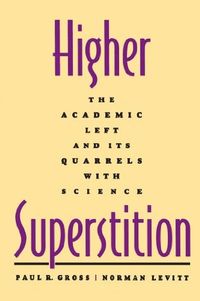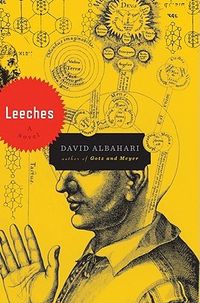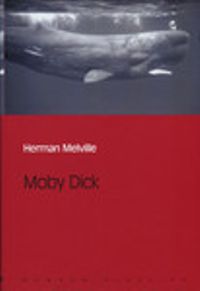
Higher Superstition: The Academic Left and Its Quarrels with Science
A Skepticism, Science, Sociology book. The confidence of the postmodern cultural critic is the confidence of a generalizer who...
In Higher Superstition scientist Paul Gross and Norman Levitt raise serious questions about the growing criticism of science by humanists and social scientists on the 'academic left.' As literary theorists deconstruct scientific 'texts' and feminists condemn scientific 'patriarchy, ' they argue, principles and practices that underlie 300 years of scientific achievement come under attack from scholars with little actual knowledge of science.
Download or read Higher Superstition: The Academic Left and Its Quarrels with Science in PDF formats. You may also find other subjects related with Higher Superstition: The Academic Left and Its Quarrels with Science.
- Filetype: PDF
- Pages: 348 pages
- ISBN: / 0
ByCrmX13LDb.pdf
More About Higher Superstition: The Academic Left and Its Quarrels with Science
Postmodernism is grounded in the assumption that the ideological system sustaining the cultural and material practices of Western European civilization is bankrupt and on the point of collapse. It claims that the intellectual schemata of the Enlightenment have been abraded by history to the point that nothing but a skeleton remains, held together by unreflective habit, incapable of accommodating the creative impulses of the future. Paul R. Gross, Higher Superstition: The Academic Left and Its Quarrels with Science // The confidence of the postmodern cultural critic is the confidence of a generalizer who excuses himself from many of the usual obligations of erudition. Under this dispensation, a wide variety of disciplines may be addressed and pronounced upon without requiring a detailed familiarity with the facts and logic around which they are organized. Paul R. Gross, Higher Superstition: The Academic Left and Its Quarrels with Science // Contrasted to the Enlightenment ideal of a unified epistemology that discovers the foundational truths of physical and biological phenomena and unites them with an accurate understanding of humanity in its psychological, social, political, and aesthetic aspects, postmodern skepticism rejects the possibility of enduring universal knowledge in any area. It holds that all knowledge is local, or situated, the product of interaction of a social class, rigidly circumscribed by its interests and prejudices, with the historical conditions of its existence. There...
The authors make some very good, very important points. The book, however, is not particularly well-written. It is needlessly difficult to read and is perhaps twice as long as it needs to be. The book is also slightly dated as it pre-dates the rise of anti-scientism from the political and religious right...a sinister bookend to the... Two smug conservatives go yah boo sucks at leftie straw men. That's not quite an accurate summary of this book, but it conjures up perfectly my feelings all the while I was reading it: revulsion at the abominably orotund and self-congratulatory writing style, profound irritation that -- despite a half-hearted attempt in the introductory... Necesario si uno quiere entender cmo "disciplinas" del calibre de los "estudios" "culturales" (que no son ni una cosa ni la otra) han contaminado y prostituido el discurso cientfico, y cmo la ciencia trata de resistir este ataque que, en aras de ser ms correcto, resulta ser daino y peligroso para la ciencia y la civilizacin.











